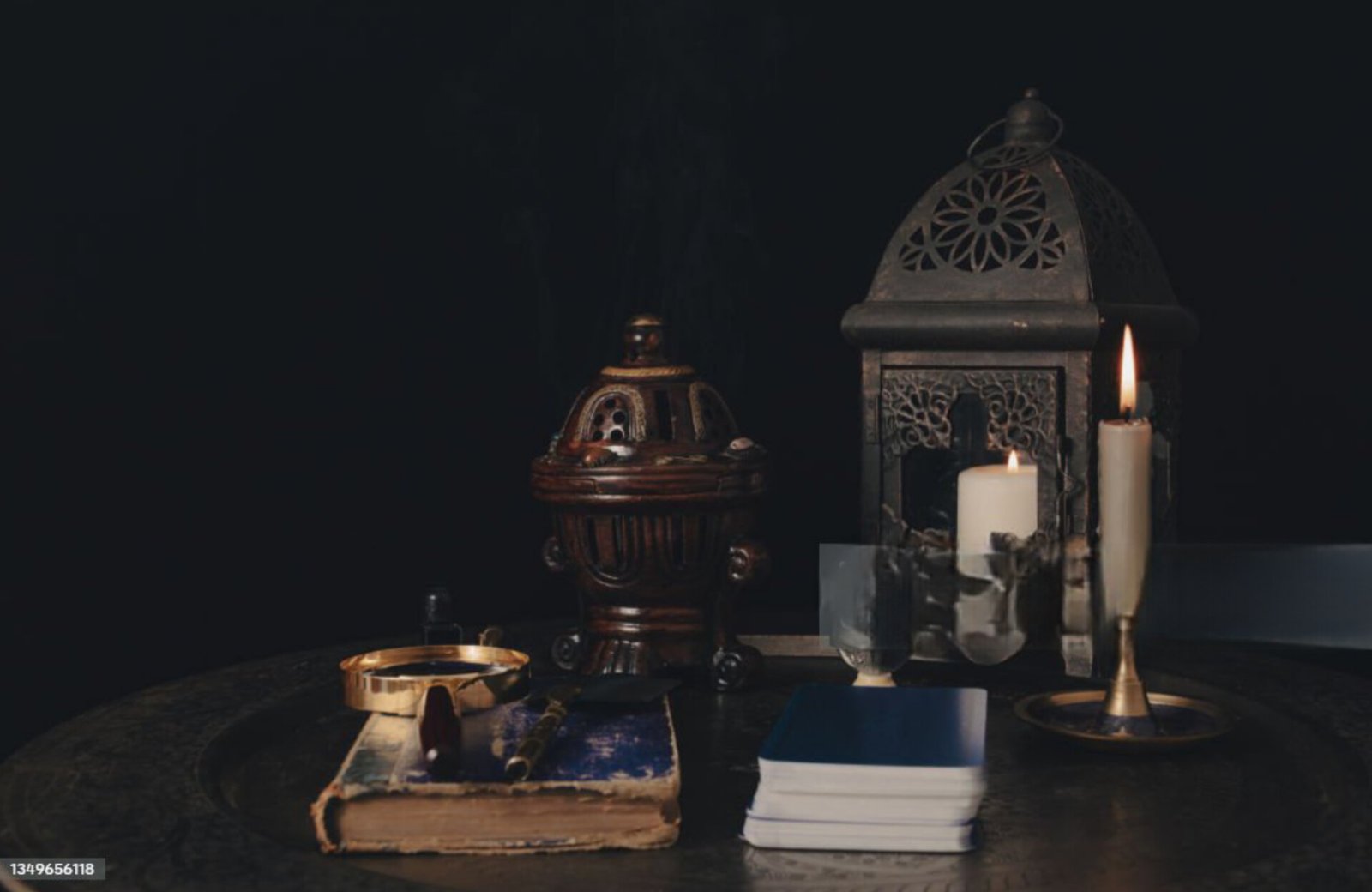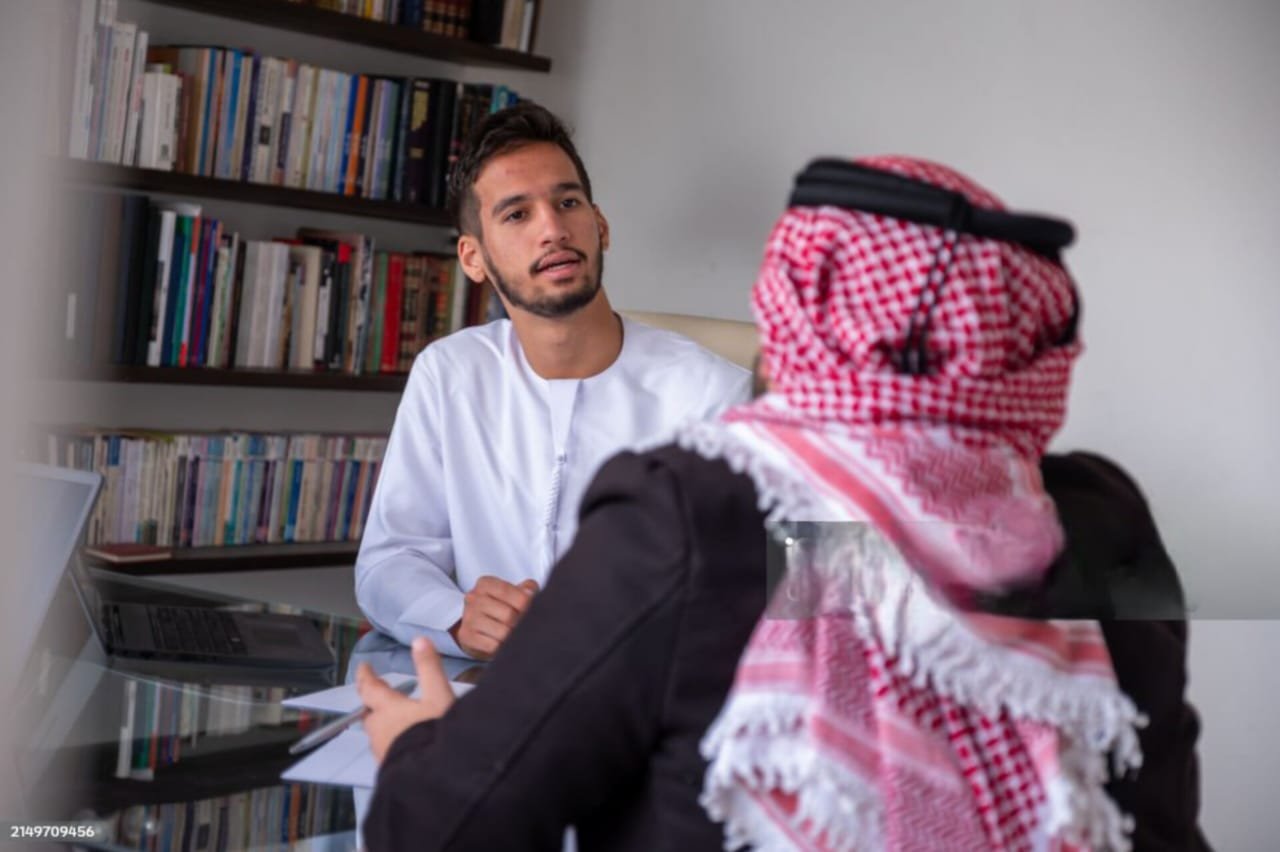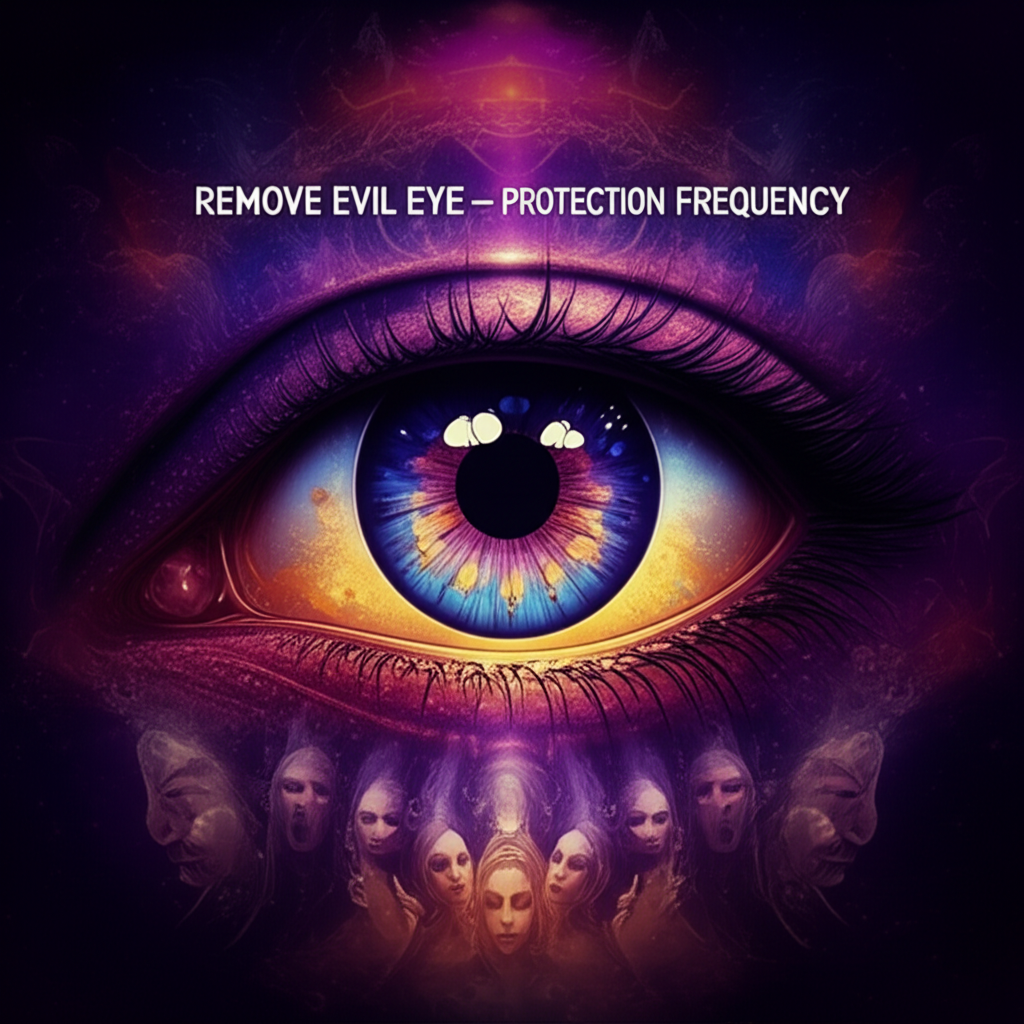
In an age where stress, anxiety, and spiritual disconnection have become widespread, many Muslims are turning back to the source of ultimate peace and guidance—the Qur’an. Quranic healing practices are not just rituals or traditions, but a powerful means of connecting with Allah (SWT), seeking His protection, and finding inner peace through divine words.
What Is Quranic Healing?
Quranic healing refers to the use of verses from the Qur’an for spiritual, emotional, and even physical well-being. It is based on the firm belief that the Qur’an is a healing (Shifa) and mercy for the believers, as mentioned by Allah in Surah Al-Isra (17:82):
> “And We send down in the Qur’an such things that have healing and mercy for the believers…”
This healing is both internal and external. Internally, it strengthens the heart, calms the soul, and brings a sense of tranquility. Externally, it is used in Ruqyah (spiritual treatment) to combat ailments like black magic, evil eye, and jinn possession.
Core Practices in Quranic Healing
1. Recitation of the Qur’an
Daily recitation of the Qur’an—especially Surah Al-Fatiha, Ayat-ul-Kursi (2:255), the last two verses of Surah Al-Baqarah (2:285-286), and the Mu’awwidhat (Surah Al-Ikhlas, Al-Falaq, and An-Naas)—brings spiritual comfort and divine protection.
2. Ruqyah Shariah
Ruqyah Shariah is a spiritual remedy using specific Quranic verses and prophetic supplications (duas) for treating afflictions caused by sihr (black magic), ayn (evil eye), and jinn. It must be done strictly according to Islamic guidelines.
3. Listening to Ruqyah Audio
Listening to Ruqyah recordings with a sincere heart can relieve spiritual disturbances and promote inner calm. Patients often feel emotional release, clarity, or improved sleep through regular listening.
4. Blowing on Water or Olive Oil
Reciting healing verses over water or olive oil and using it for drinking or massaging the body is a common Sunnah-based practice. This method is used during Ruqyah to physically and spiritually cleanse the affected person.
5. Du'a and Dhikr (Remembrance of Allah)
Constant remembrance of Allah, especially morning and evening adhkar, shields the believer from unseen harm. Dhikr keeps the heart soft and the mind connected to divine purpose.
Spiritual and Emotional Benefits
Reduces anxiety and fear through divine reassurance.
Brings tranquility to the heart in times of stress or hardship.
Strengthens Iman (faith) and trust in Allah’s plan.
Improves sleep and calms the soul from disturbing thoughts or nightmares.
Cleanses the home of negative spiritual influences when Quranic audio is played.
Final Thoughts
Quranic healing is not a replacement for medical treatment, but a complementary approach rooted in faith. It reminds us that the ultimate Healer is Allah (Ash-Shafi), and that the Qur’an is our spiritual medicine. By incorporating Quranic healing into our daily lives, we align ourselves with divine light and protection—finding inner peace, strength, and healing in the process.
> “Say: It is for those who believe, a guide and a healing...”
(Surah Fussilat 41:44)
If you'd like, I can also create:
A meta title, keywords, and description for this blog
A featured image with Islamic design and healing theme
A shorter version for social media posts


